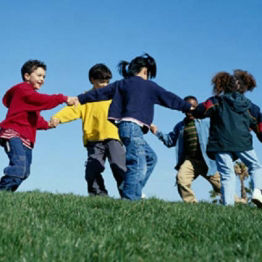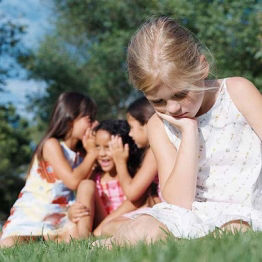EMOTION ATTENTION TASK
These emotionally evocative images were presented to children in our research looking at the generalizability of attention patterns that appear during the delay of gratification task (Luerssen, Gyurak, Bunge, & Ayduk).

POSITIVE
Man eating ice cream

POSITIVE
Children playing

NEGATIVE
Girls telling secrets

NEGATIVE
Man in hospital